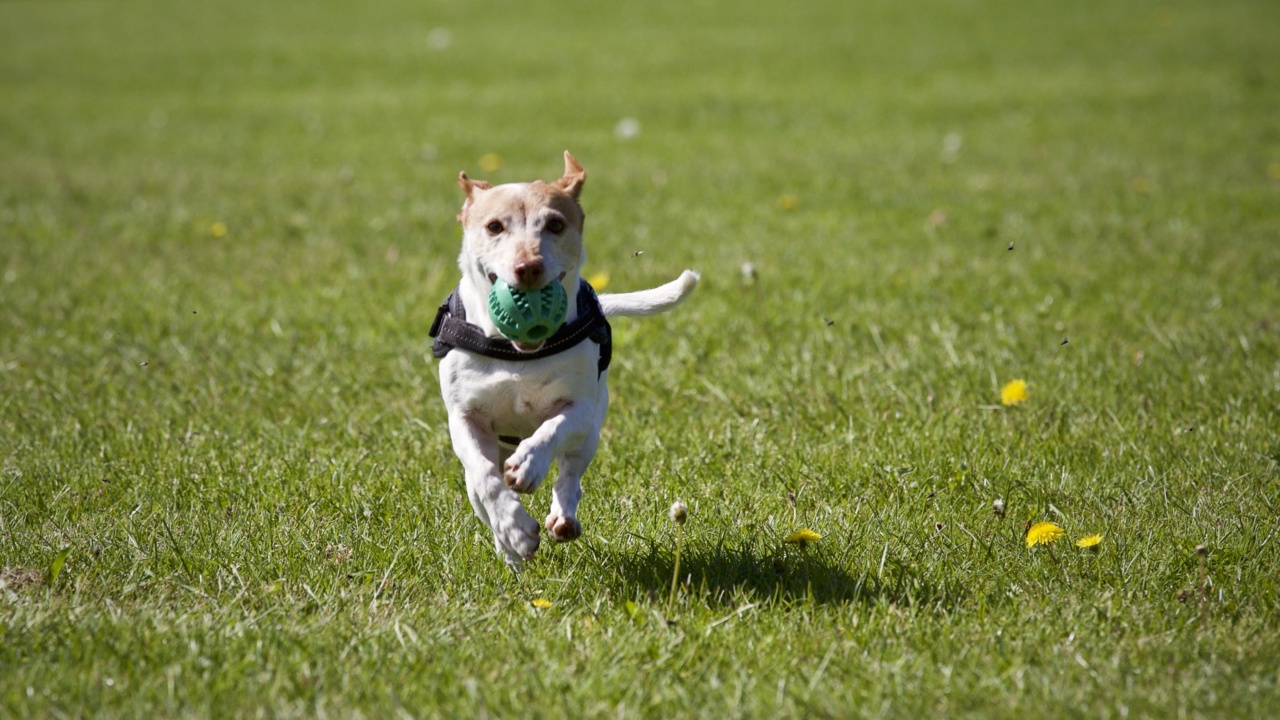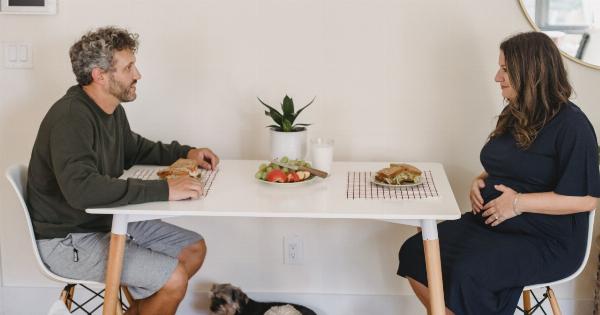Dogs are known for their boundless energy and enthusiasm. They love to play, explore, and interact with their environment. However, sometimes that excitement can go overboard, leading to destructive behavior, excessive barking, and even aggression.
As a responsible dog owner, it’s important to learn how to manage your dog’s excitement and channel it in a positive way. Here are some tips to help you do just that.
1. Exercise Your Dog Regularly
Dogs need plenty of exercise to burn off excess energy and stay mentally stimulated. A daily walk or jog around the block is not enough for many dogs.
Depending on your dog’s breed, age, and size, they may need anywhere from 30 minutes to 2 hours of exercise each day. This can include walks, runs, hikes, swimming, fetch, and other games that get them moving and engaged.
2. Provide Mental Stimulation
Physical exercise is important, but mental stimulation is just as vital for a dog’s well-being. Bored dogs are more likely to act out and become destructive.
Keep your dog engaged with puzzles, interactive toys, nose work, training, and other activities that challenge their mind and senses. Vary the activities to keep them interested and stimulated.
3. Use Positive Reinforcement Training
Dogs respond best to positive reinforcement training, which means rewarding them for good behavior instead of punishing them for bad behavior. Use treats, praise, and attention to encourage your dog to do what you want.
This will teach your dog to associate good behavior with positive outcomes and reduce the likelihood of them getting overly excited or anxious.
4. Teach Calmness and Relaxation
Dogs can learn to be calm and relaxed in any situation, but it takes practice and patience. Teach your dog a ‘relax’ or ‘settle’ command that encourages them to lie down quietly and calmly.
Reward them when they do this, and gradually increase the duration of the behavior. This will help your dog learn to self-soothe and manage their own excitement and arousal levels.
5. Establish a Routine
Dogs thrive on routine and predictability. Establish a daily routine that includes exercise, meals, playtime, and quiet time. Stick to this routine as much as possible, including weekends and holidays.
This will help your dog feel more secure and less anxious, which can reduce their likelihood of getting overly excited or stressed.
6. Manage Environmental Triggers
Some dogs are more prone to excitement and anxiety in certain situations, such as when guests arrive, when you leave the house, or when they see other dogs or animals. Be aware of your dog’s triggers and manage them as best you can.
This could mean keeping your dog in a separate room when guests arrive, providing a safe and secure crate or playpen when you leave the house, or avoiding certain areas or situations that your dog finds stressful.
7. Seek Professional Help if Needed
If your dog’s excitement or anxiety is causing problems that you can’t manage on your own, seek professional help.
A qualified dog trainer or behaviorist can help you identify underlying issues, create a management and training plan, and provide ongoing support and guidance. Don’t be ashamed or embarrassed to seek help when you need it.
8. Don’t Reward Attention-Seeking Behavior
Dogs often get overly excited or anxious to get attention from their owners. However, it’s important not to reinforce attention-seeking behavior by giving in to your dog’s demands.
If your dog jumps, barks, or whines for attention, ignore them until they are calm and quiet. Then reward them for that behavior. This will help your dog learn that calmness and quiet attention are more desirable than hyperactivity and demands.
9. Be Consistent and Patient
Managing your dog’s excitement and arousal levels takes time and consistent effort. Stick to your training plan, be patient, and don’t give up. Your dog will pick up on your energy and respond accordingly.
Stay calm, positive, and patient, and your dog will learn to do the same.
10. Enjoy Your Dog’s Enthusiasm
Finally, remember that your dog’s enthusiasm and energy are part of what makes them such wonderful companions. Enjoy your dog’s playful and curious nature, and don’t let their excitement get the best of you.
With patience, training, and love, you can channel your dog’s energy into positive and rewarding experiences for both of you.






























